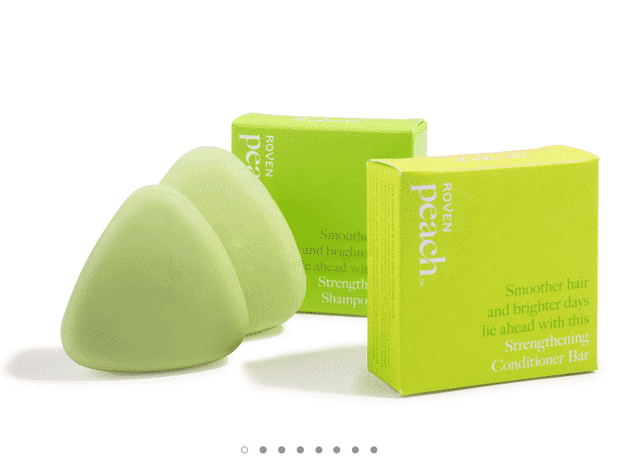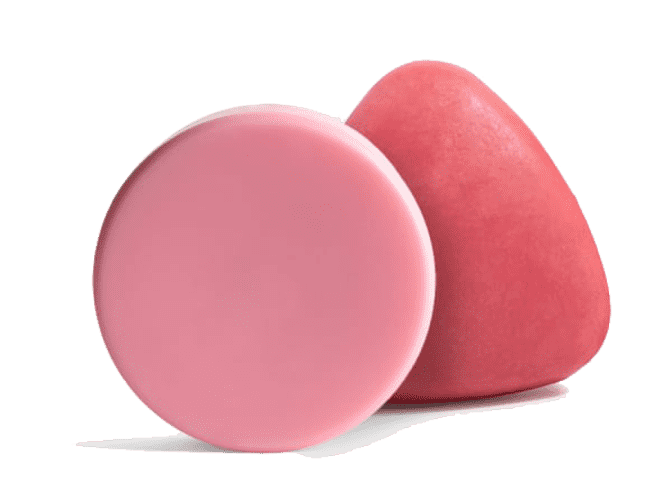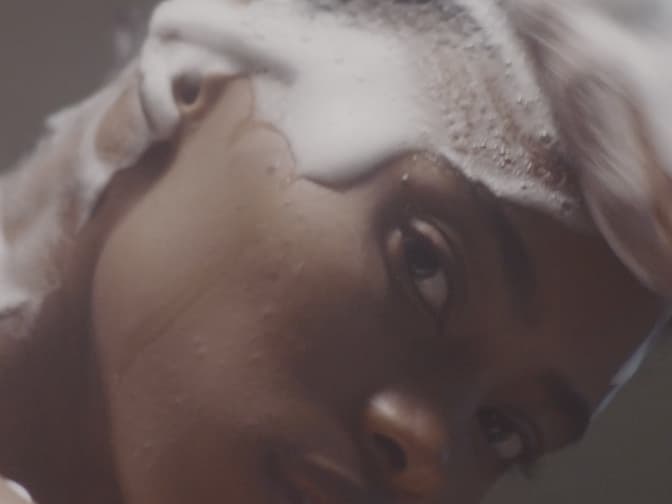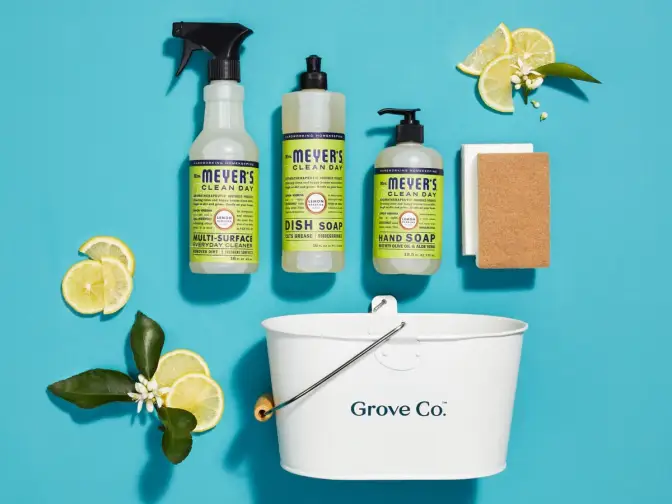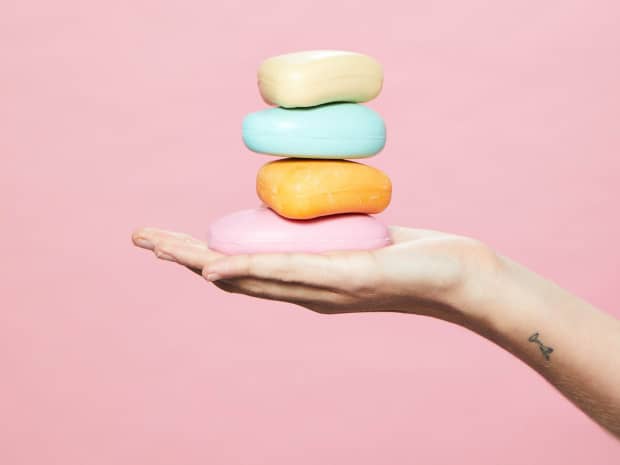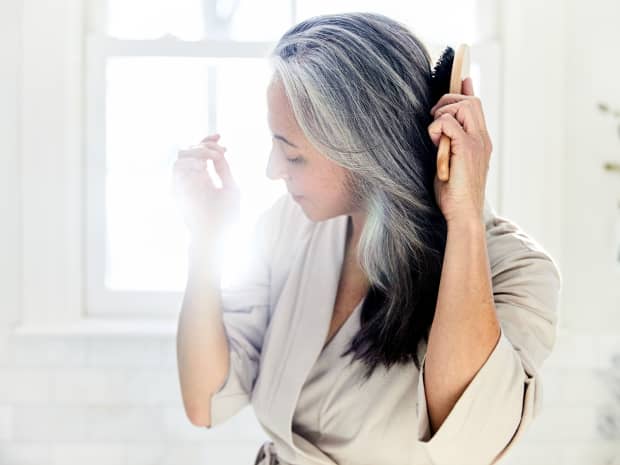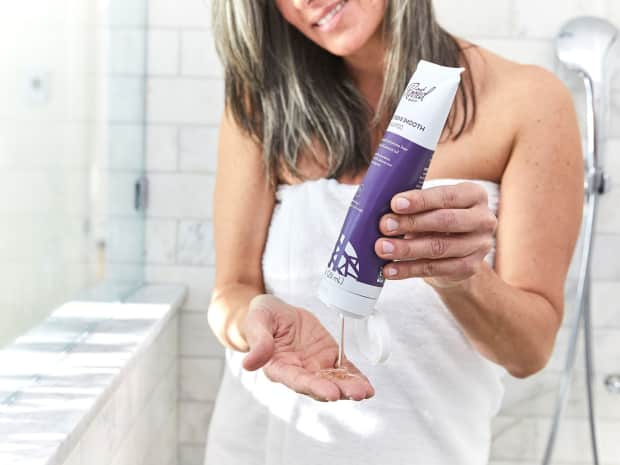Your hair goes through a lot on a daily basis. In fact, according to the American Academy of Dermatology Association, simply using a blow dryer or curling iron can cause damage to your hair.
Deep conditioning for your hair can come in several different forms in a combination of several different ingredients. Typically it increases the normal hydration level you’d get from a regular conditioner with help from its naturally derived ingredients.
Ingredients like coconut oil, shea butter, tea tree oil, and others help hydrate your hair and leave it ultra-moisturized. Other beneficial ingredients like vitamin E or aloe help repair damaged hair and strengthen it. You typically will need to leave deep conditioner on your hair for longer than you would a regular one for the best benefits.
Here’s a little pro secret: even if you don’t use harsh chemicals on your hair, you could always benefit from a deep conditioning treatment. When used in combination with your natural shampoo, deep conditioners keep your hair looking shiny, healthy, and vibrant.
Even if you already have healthy looking hair, your strands will thank you for giving them the royal treatment!

